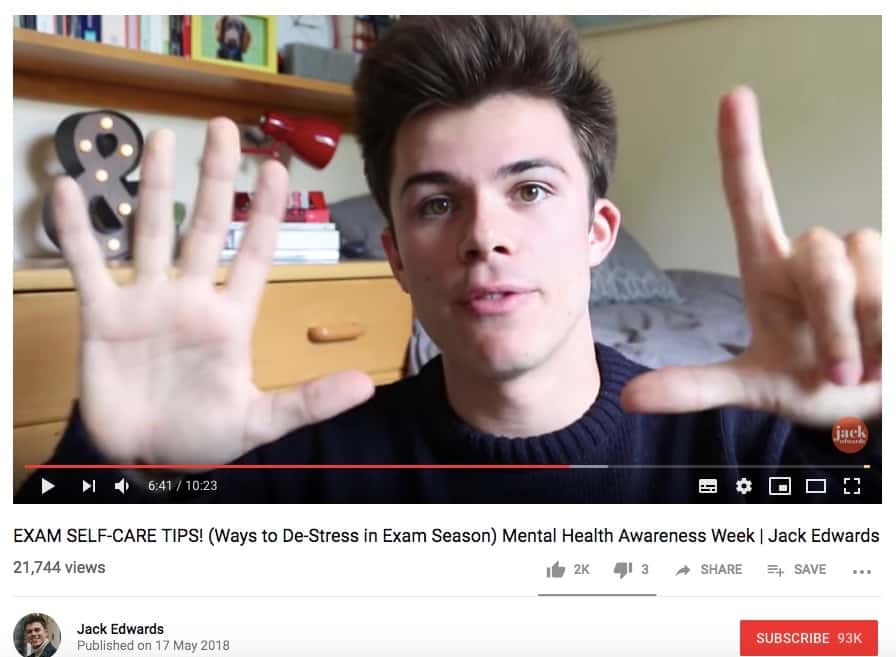When I started high school (IB) I realised that things were not the same as they used to be. Nobody was feeding us knowledge anymore. A lot more of our studies were more independent and we needed each other to help get through the course.
It’s a long time we’re in school. The last year of school it it also quite difficult. To make the last years easier and more fun you can use ‘study groups’. In this guide I am going to help you to figure out 1) Why a study group is useful 2) How you can run a study group 3) How to avoid any problems and make your group really useful. Here we go.
Without my friends I wouldn’t have done as well in school.
I know that if you try group work you will find it helps you too, which is why I created this study group guide.
Study groups are great because they give you an advantage over all the other students, around the world, who have failed to form a group.
Why learn in a group?
- You can help each other understand difficult material.
- Learning is more exciting together – textbooks don’t make good friends.
- We talk through a subject we remember that information much more easily than if we study along.
- School is hard but you don’t have to face it alone. If you work together you can help each other through exams, coursework etc. without feeling like you’re along.
- You can support and encourage each other.
- Teaching and working with oth
er people will increase your confidence. - You can learn some study habits from your brainy classmates.
So, obviously study groups can be really helpful, but how can you make yours work??
Handling your first meeting
- Make a Facebook group to share documents and resources
- Find out which topics each person finds easy or hard. Make sure you cover the most tricky topics!
- Figure out a good place to teach – and ask a teacher for a room if you want to use the school.
- Plan meetings for a regular time, like ‘Wednesday straight after school’ – this way everyone knows when the sessions are. Also send out invites for each session on Facebook to remind people.
- Give your group a funny name – don’t be too serious!
- Create a Whatsapp group to stay in touch.
What to Do at Meetings
- Go through class notes together, discuss anything anyone did not understand. Remember, teaching helps the stronger students as well!
- Discuss key ideas from class. What is hardest? What’s easiest? Why?
- Do homework and help each other if stuck.
- Strong students should do extra homework and help others
- Study for tests or exams. Use exam papers and help each other mark them!
- Discuss what questions you expect to be on tests and exams
- Take breaks and chill out every 30 minutes
Help Each Other Out!
- Listen carefully to each other and encourage each other to ask questions
- If you do not understand something, ask your friends what they / the textbook mean.
- Ask people to explain what they mean. This helps them as well as you.
- Everyone should work on the same topic at the same time. This makes everything clear.
- Talk about the group! Discuss how well it works and how it could be better
Study groups can be really helpful to your success. If you work hard and follow these tips I know that your group will be effective and all of you will get better grades than the students who do not form a group.
Here are some other study group links that are super useful:
- How to form a study group
- Benefits of a study group
- Guidlines of a successful study group
- How to run a successful study group
Here are some links on how you can increase productivity:
- Are you making progress?
- Worst things first
- 6 tips for effective downtime in
- Absurdly simple method to more points
Good luck and don’t forget… Be your very best.





